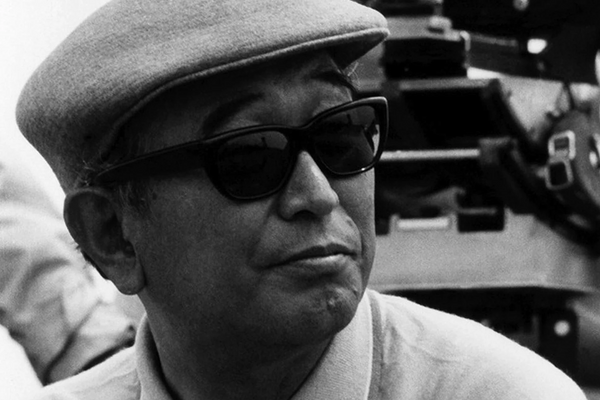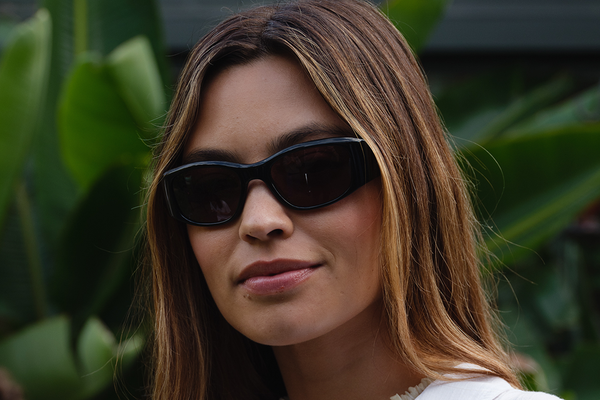“OK we’re here, gimme the money. Don’t say shit, don’t look at shit, and don’t do shit…just stay in the car.” That was what I said verbatim to a carload of 17-year-old Jewish American Princesses from the Valley back in 1998, when I chaperoned a field trip to East Los Angeles to score some fake IDs.




This was my second visit to MacArthur Park, the historic landmark that had fallen from grace. My first came three years earlier when my favorite uncle “Fooza,” a 5’9” coke dealer with striking hazel eyes, was released from prison in San Luis Obispo. Two days after his release, his first order of business was to get a fake ID, and he asked if I’d like one as well. Why my father ever allowed me to go on this underworld errand with Fooza is still unclear, but I was all-in tout de suite.
We headed south on the 101, leaving the familiar womb of our hot suburban grid on the other side of the hill behind us. “Where are we going?” I asked as we exited onto Alvarado Street. “The park,” he responded. If there was any further explanation needed, it was clearly stifled by nostalgic thoughts, and a shy smile with a hundred stories behind it. We crept down the gradual slope of Alvarado, and the further we got from the freeway, billboards and marquees felt less and less inclined to use English.



I grew up in Reseda, a predominantly Mexican neighborhood, but this was not Reseda. This was the closest I’ve ever felt to being in a city within a city. Alvarado had the vibrancy of Revolution Boulevard in Tijuana, bustling with street vendors, hustlers, and working class Hispanics.
“OK, we’re here. Don’t say shit, don’t look at shit, and don’t do shit. I gotta find a guy.” It was the first thing my uncle said since exiting the freeway. There were people everywhere, I’d never seen LA so busy. It felt like we were driving through a carnival with no rides. “Who are we looking for?” I asked, almost under my breath.


“Anyone who looks directly at you, whistles, and shakes their hand like this,” Fooza gestures a C-shaped grip, almost like a cop flashing a badge that doesn’t exist, and rotated it from left to right, palming an identification card. Suddenly the rest of the world was drowned out, and all I could focus on were hustlers standing around aimlessly, hunting for eye contact. I was hooked. This place was like a cultural beehive: alive, dangerous, and at the heart of it all, a park.
That was 90s MacArthur Park. Today’s MacArthur Park has undergone a bit of a facelift, but like most facelifts, remnants of the past are inescapable. Hundred-year-old eucalyptus and oak trees provide shade for the plethora of homeless scattered on the lawn. The park’s walkways have a healthy mixture of joggers and zombies, and are lined with 50 foot palms that bear a passing resemblance to fireworks frozen in the air. And let’s not forget the park’s pride and joy, its lake. 14 feet deep and fed by a natural spring, Houdini himself once escaped an aquatic death in front of a few thousand bewildered fans here. But this large puddle has a weird reputation for swallowing lives. Since its inception 125 years ago, the bruise-colored body of calm water has claimed at least one life per year. Yet six months ago, MacArthur Park hosted the largest public art and civic project in the US called “The Spheres At MacArthur Park,” where over 7,000 children painted large floating spheres that completely covered the lake. Seen from different vantage points, it was nothing short of majestic. This park has definitely had its fair share of ebb and flow. Shit, the fruit vendors wheeling up and down these paths probably have no idea that Chaplin shot three films here.



So, is MacArthur Park completely gentrified? Not by any stretch of the imagination. It will take three solid months of torrential downpour to wash the smell of piss off the parking lot. Is it better than it was twenty, fifteen, even ten years ago? Without a doubt! Gentrification is inevitable, and whether that’s good or bad is completely subjective. I lived in Venice for ten years, moving there right at the beginning of the big wave of gentrification. I loved it. I loved the rawness the community had to offer. Rubbing shoulders with surfers and gangsters alike grounded me like no other place I have ever lived. But before long I started to notice changes. I bore witness as Abbot Kinney went from a sleepy ma & pa walking street to a corporate-lined Babylon. I wasn’t mad, per se, just a bit butthurt. So what did I do about it? I moved. I bought a house in the West Adams district of South Central, and to be totally honest; I pray to god every day for someone to open up a hip cafe down the street from me. Change is good, and if you don’t like it, move. If you decide to stay, don’t say shit, don’t look at shit, and don’t do shit...just stay in the car.





